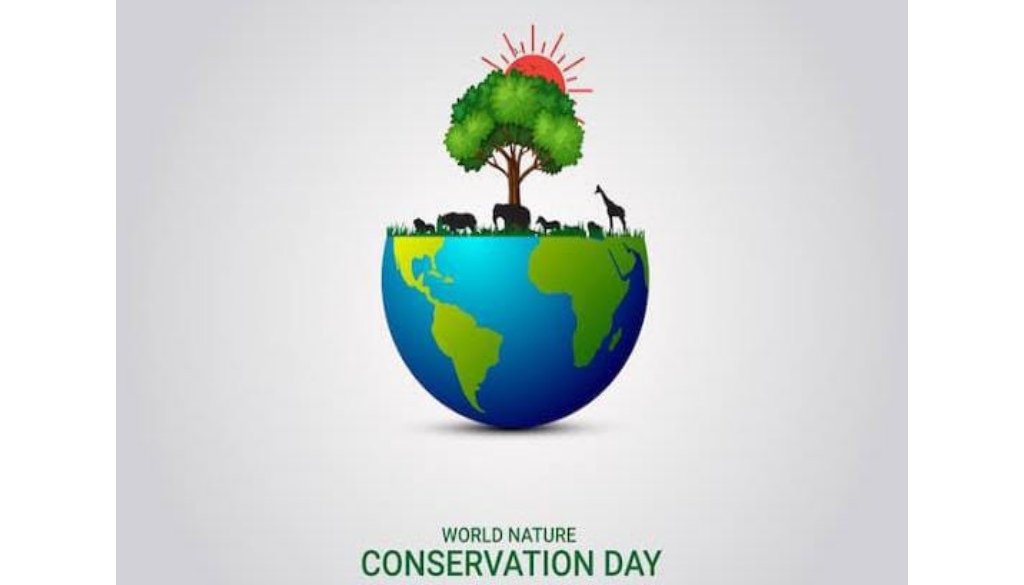World Nature Conservation Day: Global Efforts Towards Sustainable Preservation

Amit Singh
Pune, July 29, 2023: World Nature Conservation Day, observed annually on July 28, is a day dedicated to raising awareness about safeguarding nature against exploitation for human comforts. It calls for collective action to protect the environment and preserve the planet for future generations.
The theme for World Nature Conservation Day 2023 is “Forests and Biodiversity: Sustaining People and the Planet,” emphasizing the need to focus on conservation, preservation of natural resources, and fostering sustainable practices for the well-being of all living beings.
Nature conservation is a moral imperative and a responsibility to protect endangered species, maintain habitats, promote environmental services, and preserve biodiversity. It aims to harmonize the coexistence of humans and nature while ensuring a sustainable future.
Nature bestows upon us its valuable resources like clean air, fresh water, fertile soil, forests, rivers, oceans, and fertile land, which are essential for our survival, health, and prosperity. We rely on countless other resources and services for our well-being and prosperity. Responsibly managing resources becomes crucial to ensure that future generations can benefit from them too. Prudent and efficient resource management will extend the lifespan of many resources that are currently facing depletion, such as petroleum, diesel, coal, and metals.
Efforts toward conservation and sustainable practices can reduce waste and effectively manage natural resources. With the world’s population growing rapidly over the past two centuries, judiciously using resources and allocating time for rejuvenation and regeneration is imperative. Sustainable practices ensure that we meet the current needs without compromising the needs of future generations.
Conserving nature has a direct impact on human lives. Spending a few minutes in green surroundings or by the sea instantly reduces stress levels and triggers the release of endorphins and dopamine, providing a sense of tranquility, joy, creativity, and focus. Positive and negative human activities have consequential impacts on the environment. Deforestation and pollution, for instance, result in adverse effects on living organisms and forests. Protecting endangered species and cleaning lakes and oceans yield positive environmental outcomes.
Nature is intricately connected to the quality of human life, providing essentials like food, clothing, shelter, and medicines derived from natural resources. Maintaining a balanced ecosystem is essential to derive maximum benefits from nature. Failing to preserve it will lead to irreversible losses, both economically and for human welfare.
Resources like air, water, and solar energy play a crucial role in sustaining human life on Earth and meeting our daily requirements. Oxygen is essential for breathing, and without clean air, life would not be sustainable. By recognizing the significance of these natural elements, we can utilize them efficiently to sustain human life and minimize environmental degradation.
Lastly, sustainable resource management is vital as it ensures that we use resources responsibly and do not overexploit them, meeting the needs of the present without compromising the requirements of future generations. It is essential to adopt practices such as crop rotation to improve soil fertility, renewable energy utilization to reduce environmental pollution, and the prudent use of natural resources.
On this World Nature Conservation Day, let us commit ourselves to preserve and protect the earth’s invaluable resources and take meaningful actions towards sustainable development. The planet’s health and the well-being of future generations depend on the choices we make today. It is through sustainable management of natural resources that we can ensure the enduring development of humanity.








